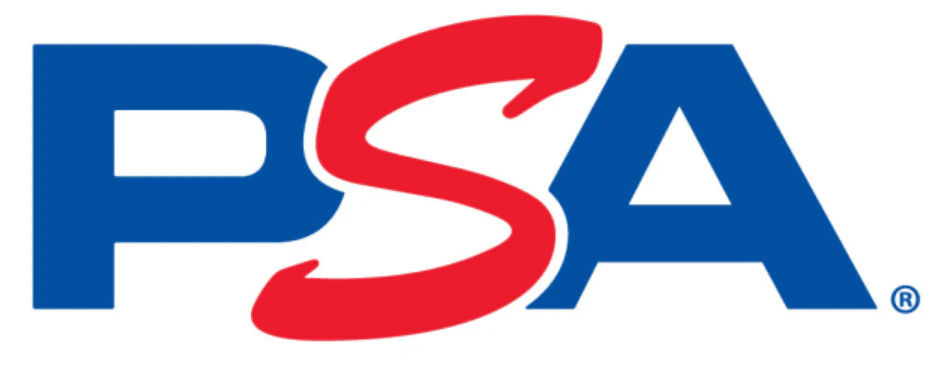Professional Sports Authenticator (PSA) was founded in July 1991 by David Hall, who also established the Professional Coin Grading Service (PCGS). PSA revolutionized the sports card and collectibles market by introducing a standardized, third-party authentication and grading system.
Today, PSA is unequivocally the market leader in card grading by volume and holds significant influence over secondary market values. Their iconic red, white, and blue label is instantly recognizable, and a "PSA 10" (Gem Mint) is often considered the gold standard for high-value cards, frequently fetching the highest prices in auctions and private sales across both sports and non-sports cards (including TCGs like Pokémon).
